10 Tips on Becoming a More Effective Teacher
July 21, 2016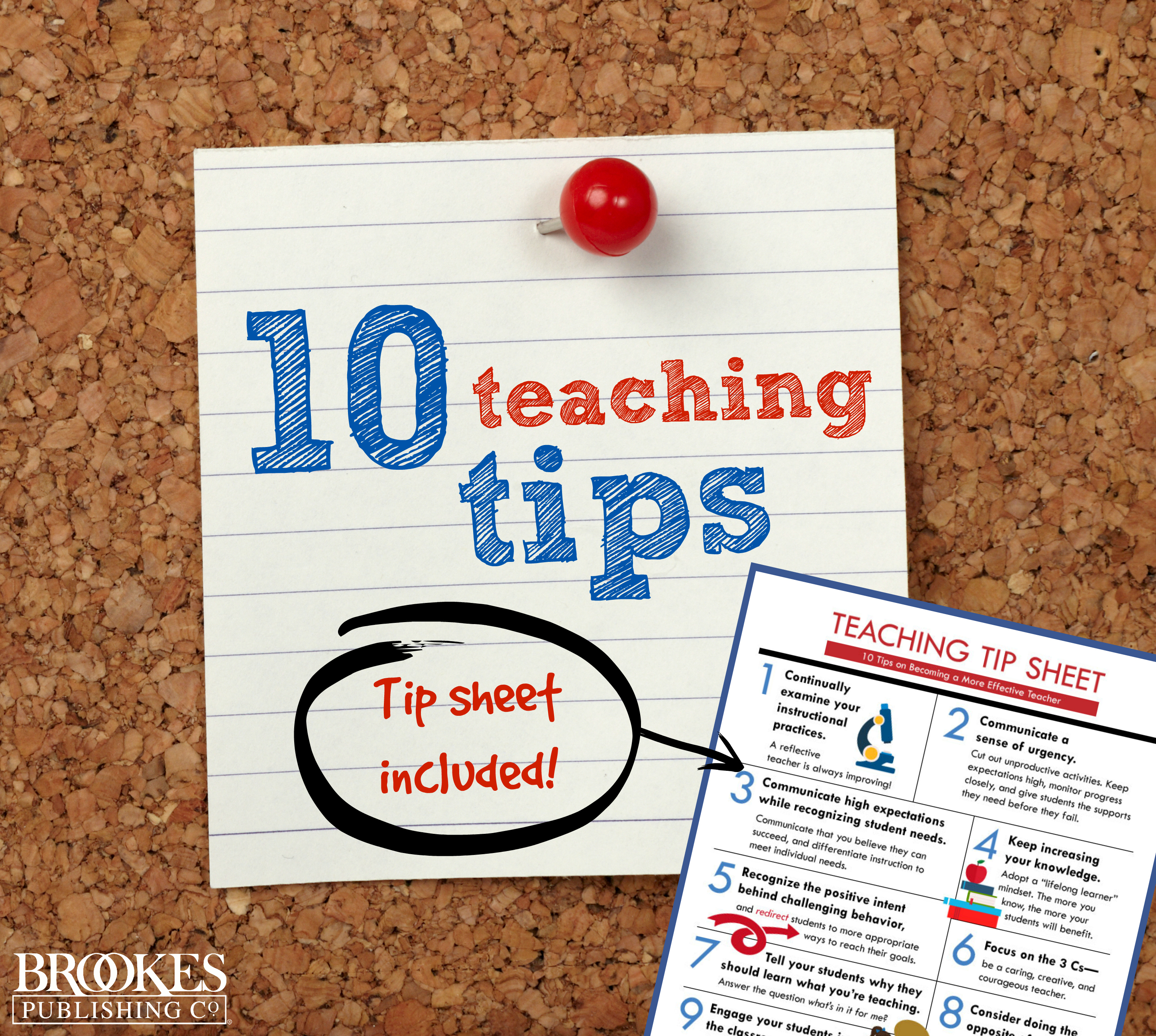
If you’re reading this blog over the summer for practical tips you can use next year, odds are you’re already an awesome educator. And chances are you already do many of the things on today’s list of teaching tips. But maybe you’ll find a couple new-to-you ideas in the mix here—and some that are worth sharing with fellow teachers at all levels of experience.
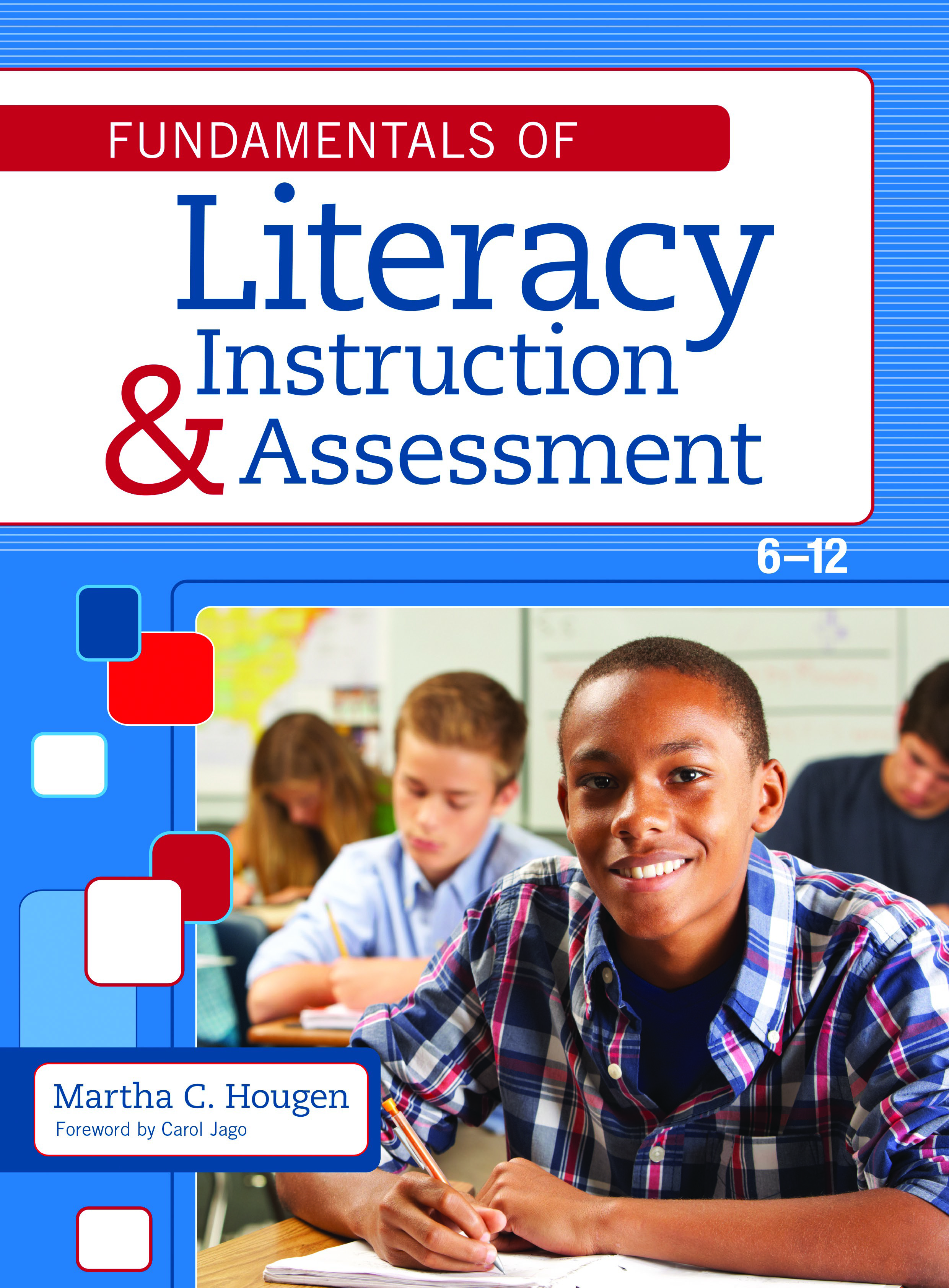 These 10 tips are from the book Fundamentals of Literacy Instruction and Assessment, 6-12, edited by Martha Hougen. They’re directed mainly toward teachers of middle to high school, but most apply equally to all educators in inclusive classrooms.
These 10 tips are from the book Fundamentals of Literacy Instruction and Assessment, 6-12, edited by Martha Hougen. They’re directed mainly toward teachers of middle to high school, but most apply equally to all educators in inclusive classrooms.
-
Continually examine your instructional practices.
As Hougen points out, “a reflective teacher is continuously improving.” She recommends asking yourself questions regularly:
- Do you need to be more explicit?
- Should you be teaching more systematically and directly?
- Do your students need more time for practice?
- Should your assessments be more thorough, so you know you’re building effectively on what they know?
- Should your feedback be more specific?
-
Communicate a sense of urgency.
You’ve got a clear and urgent goal: preparing your students to earn a high school diploma and achieve college and career readiness. Hougen shares these sobering stats for ninth-grade students:
- Failing one course reduces the probability that they will graduate high school to 60%.
- Failing two classes reduces that probability to 44%.
- Missing just 10 days of school a year (including time spent in school suspension) also decreases the likelihood that they will graduate.
How can you help get your students ready to earn their diploma and lead a successful life beyond the classroom? Start by cutting out all unproductive activities without a clear purpose. Remind yourself there’s no time to waste. Keep expectations high for your students and yourself. Monitor their progress closely, and give them any supports they need to master the content before they fail.
-
Communicate high expectations while recognizing student needs.
High expectations are important—but students have to feel like they’re attainable, too. Respect your students, communicate that you believe they can succeed if they work hard, and differentiate instruction to meet their individual needs. Your students will be motivated to try their best if they feel confident they can learn the material—and have the supports they need to improve their skills and abilities.
-
Keep increasing your knowledge.
Adopt a “lifelong learner” mindset by:
- Reading the latest research
- Communicating with experts—comment on their blogs and connect with them on Twitter
- Joining professional organizations that put you in touch with the latest information and strategies
- Seeking out books with innovative teaching strategies (we’ve got some of the best right here)
The more you know, the more your students will benefit.
-
Recognize the positive intent of your students.
When students act out or refuse to cooperate, it might not seem like their intentions are positive. But many instances of challenging behavior are rooted in a desire to do something good (or avoid something bad). A student refusing to participate in an activity may want to avoid embarrassment. A student who cheats on a test may be motivated by a desire to do well and please you. Recognize the positive intent underneath the behavior, and redirect your students to more appropriate ways to reach their goals.
-
Be a caring, creative, and courageous teacher.
Hougen recommends focusing on the 3 Cs:
- Students learn more from teachers who show they care. Something as simple as a kind comment or a moment of one-on-one time can help your students feel safe, encouraged, and ready to learn.
- Different students require different strategies to unlock their full potential. Every year, students will challenge you with unique learning needs. Get creative to uncover what works for each student.
- Advocate for your students—even if you have to make recommendations that go against the grain and “aren’t the way we do things around here.” Try new approaches with a solid evidence base. If a strategy’s not working, have the courage to say so and try something else.
-
Tell your students why they should learn what you’re teaching.
Your students will always want to know what’s in it for me?—especially when a skill or lesson is difficult for them to master. Be sensitive to this, and look for ways to explicitly connect what they’re learning to their real lives.
-
Consider doing the opposite of what you feel like doing.
When you get tired, frustrated, and impatient, think about what you really feel like doing, and then flip it for better results. When you feel like screaming at a noisy class, whisper—the students will have to quiet down to hear what you’re saying. If you feel like snapping at a parent who’s criticizing your decisions, turn it around and ask for their help instead.
-
Engage your students in the classroom community.
When kids feel like they’re connected with and contributing to the classroom, their behavior improves and learning is easier. Empower your students with classroom jobs and roles: guiding a new student, being the class webmaster for the day, turning the computers on and off. Engage their minds by encouraging them to actively think and respond, and give them multiple opportunities to interact with peers as they learn.
-
Model what you want to see.
Your students are always watching you. Make the most of their attention by modeling kindness, respect, thoughtfulness, and enthusiasm for learning—and you’ll see those things reflected back to you.
Like these suggestions? Share this graphic with your teacher friends and grab it for your pinboard as a colorful reminder!
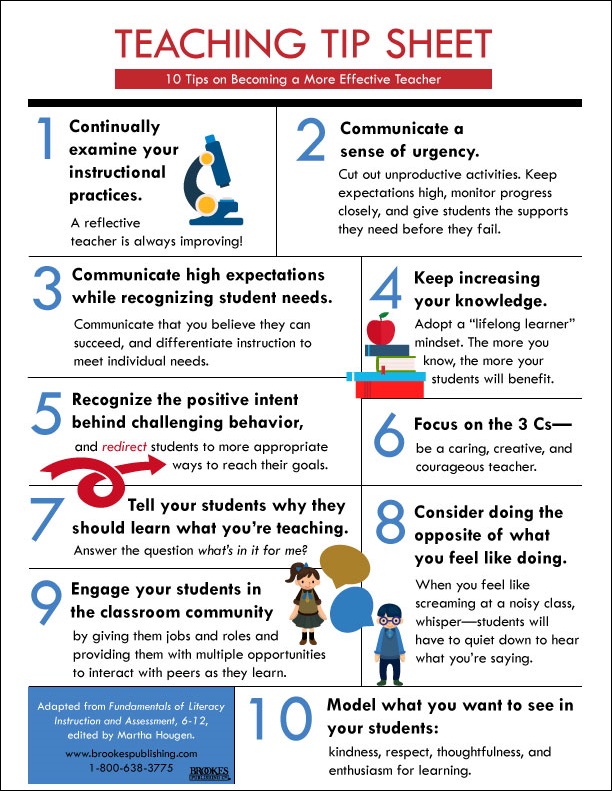

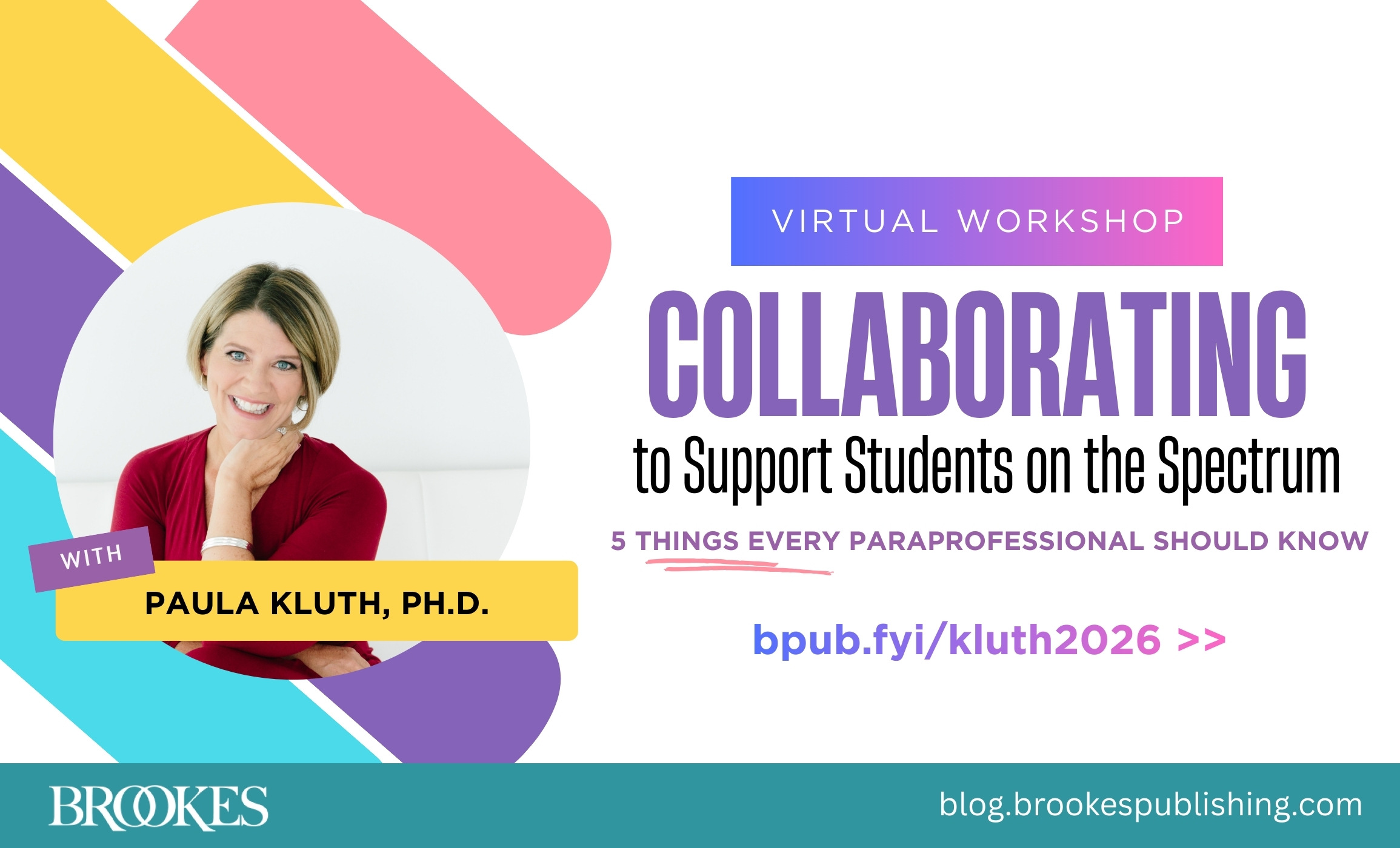
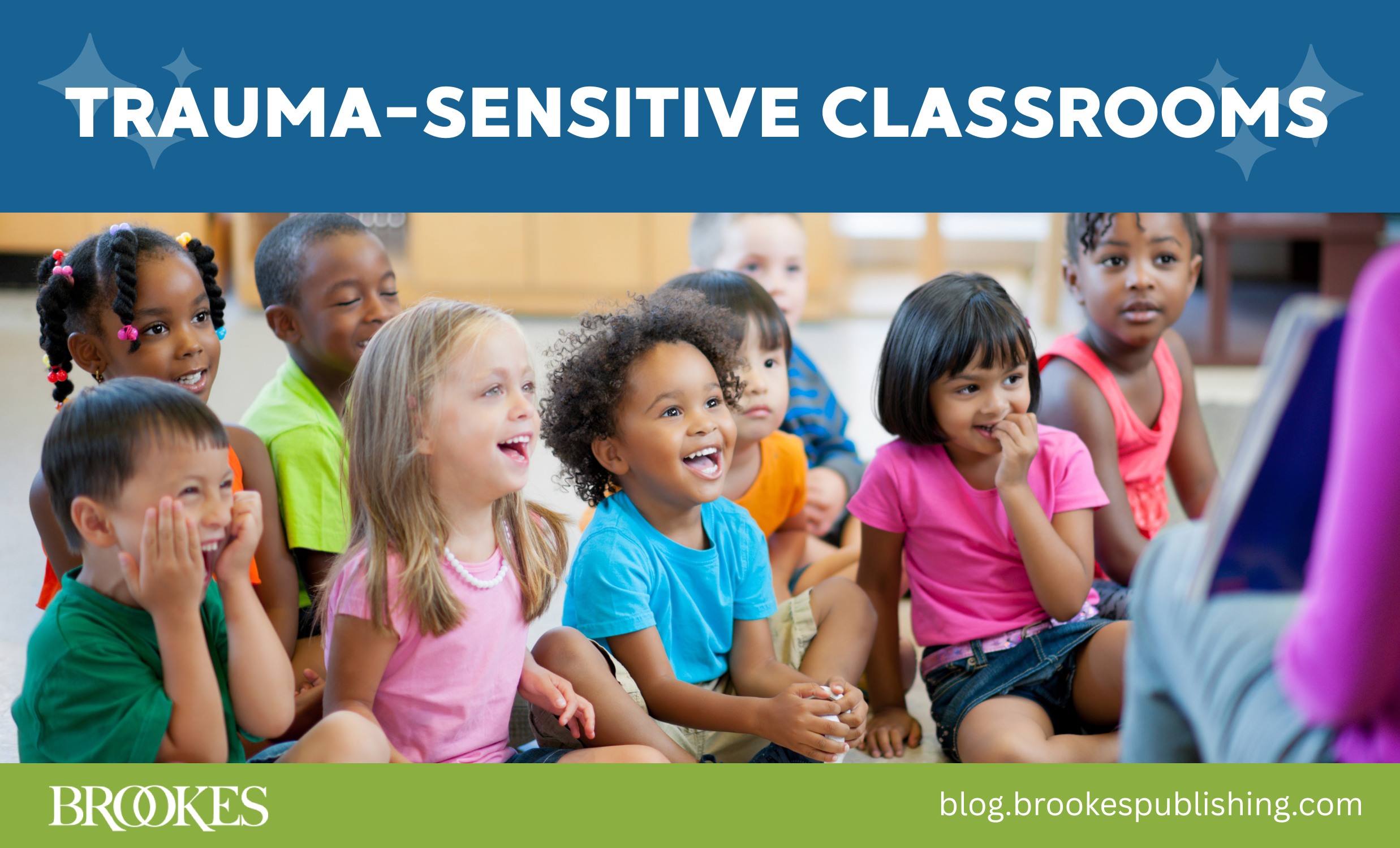
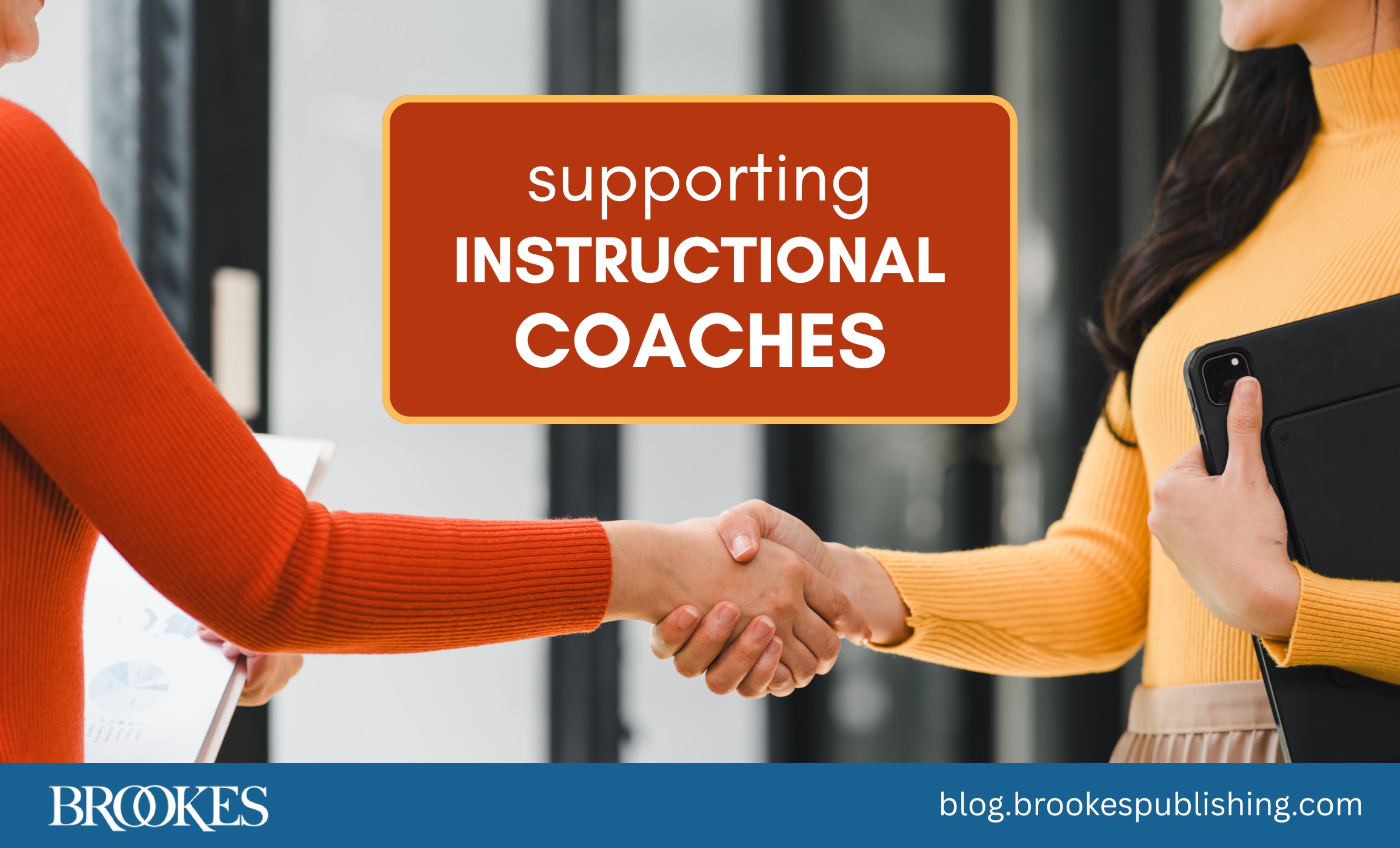
Write a Comment
Your email address will not be published. Required fields are marked *
comments
Brenda Corbin says
working in small groups having all students involved , your stronger students helping others in reading and comprehending what they are learning .
Danya Smith says
These days students are more engaged in online screens. I will try your tips and will look after the results.
Post a Comment